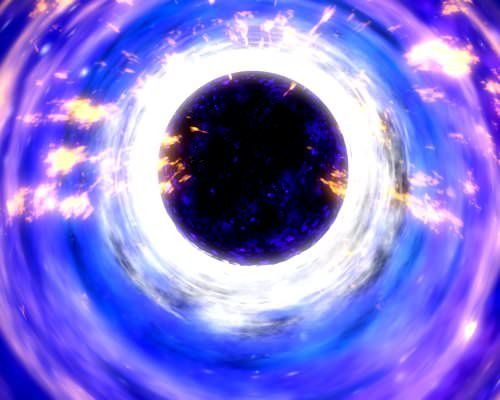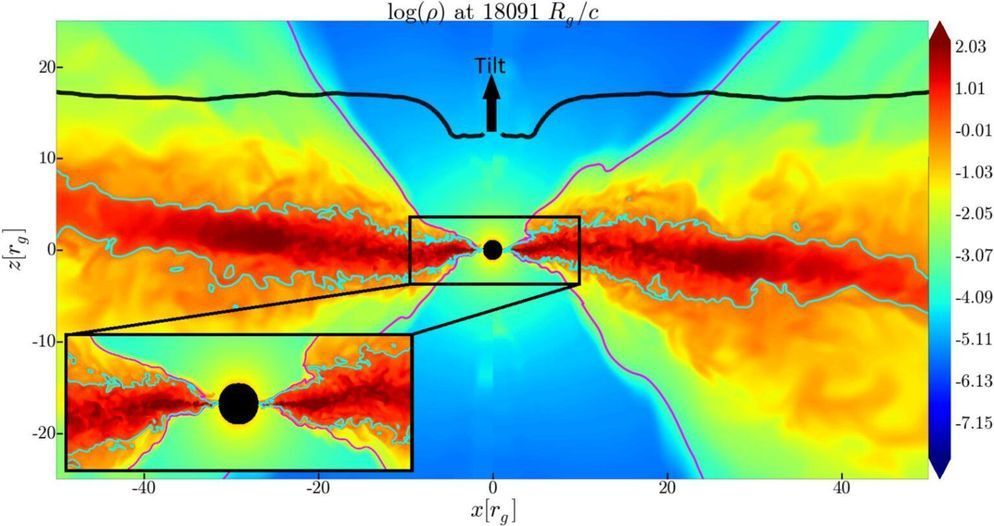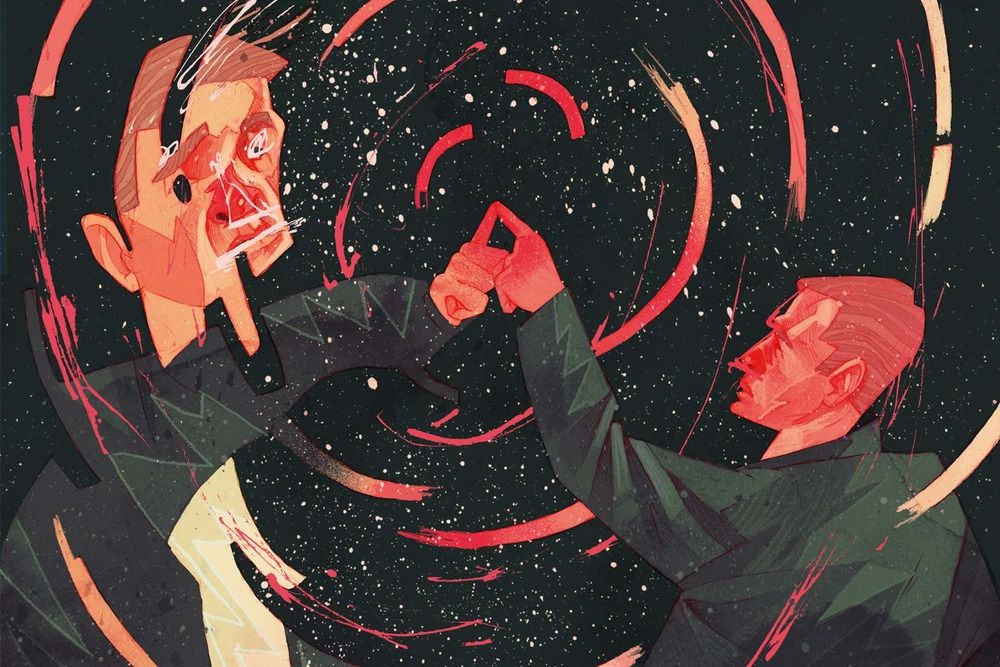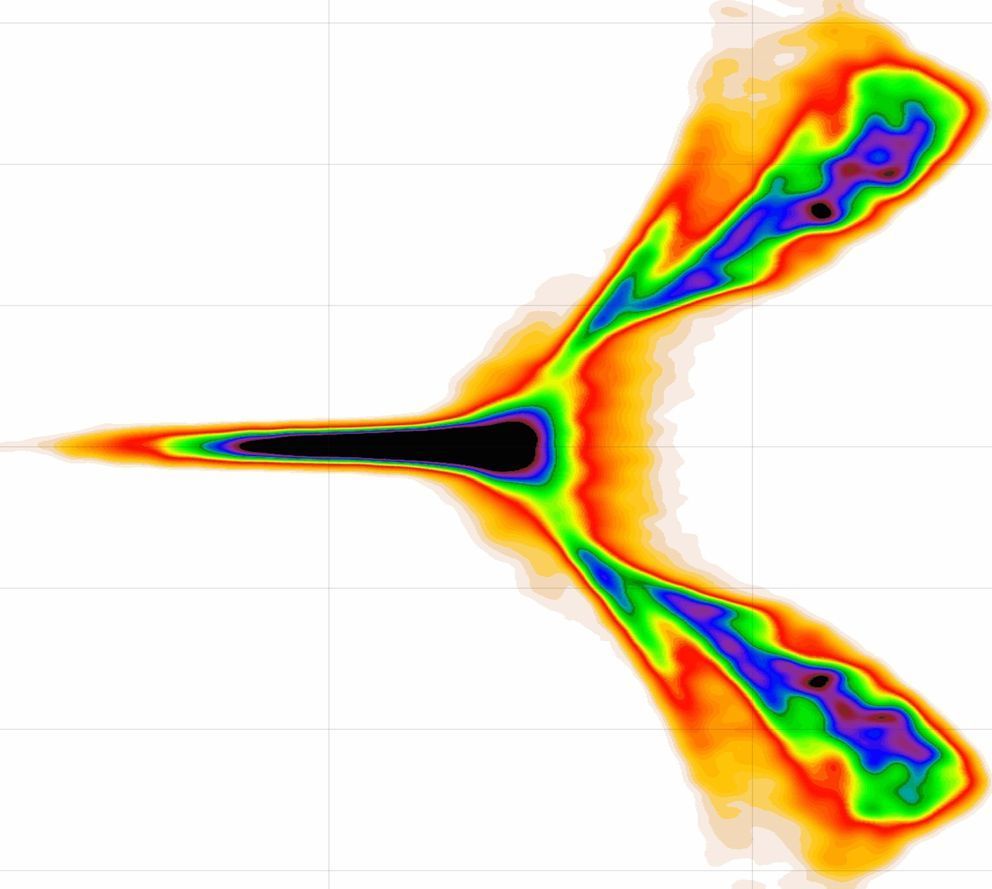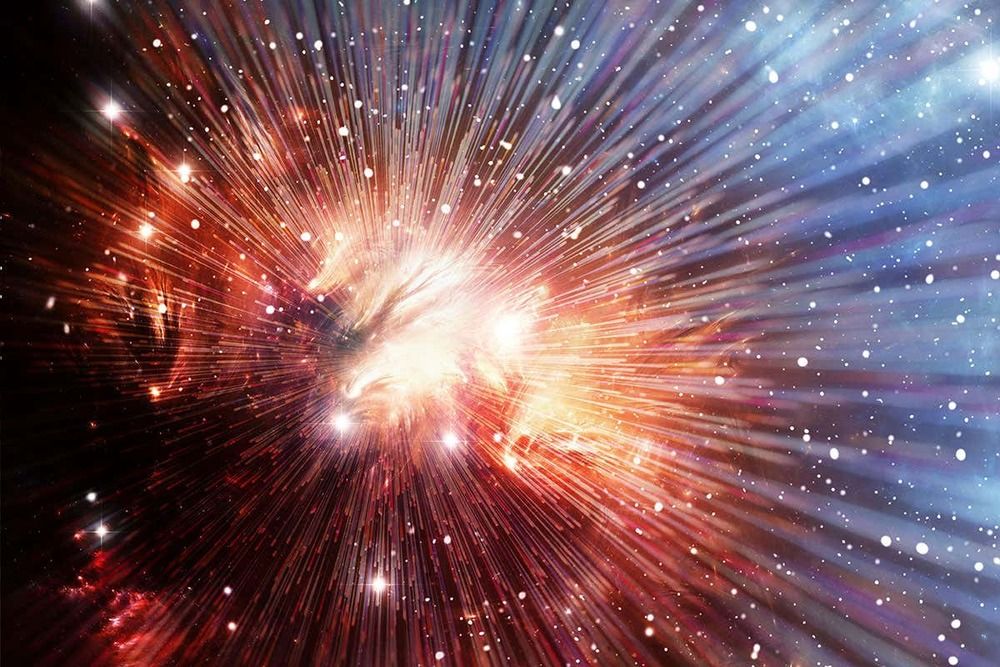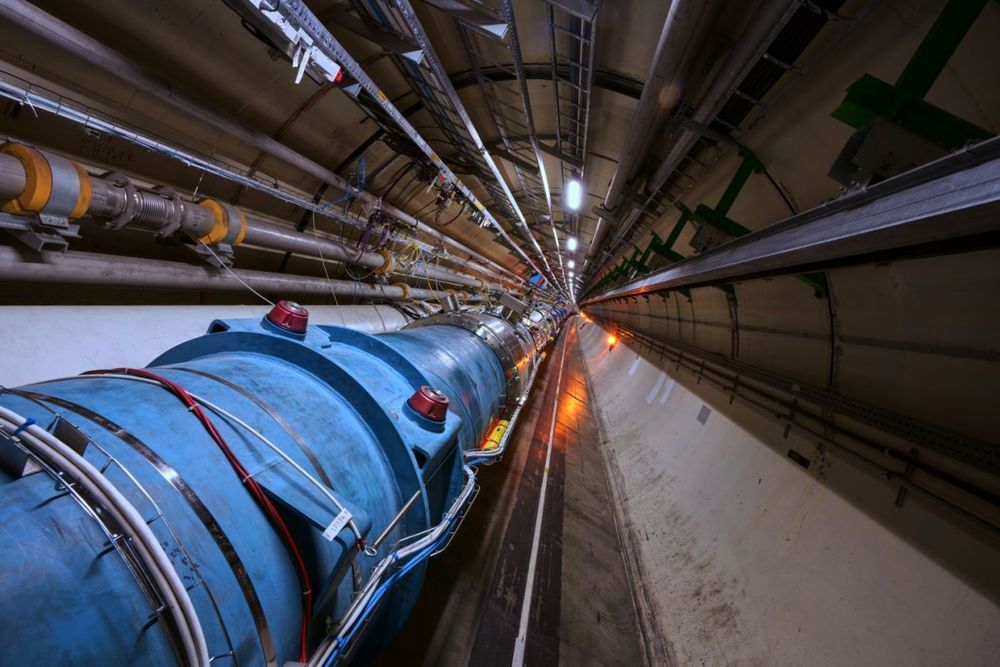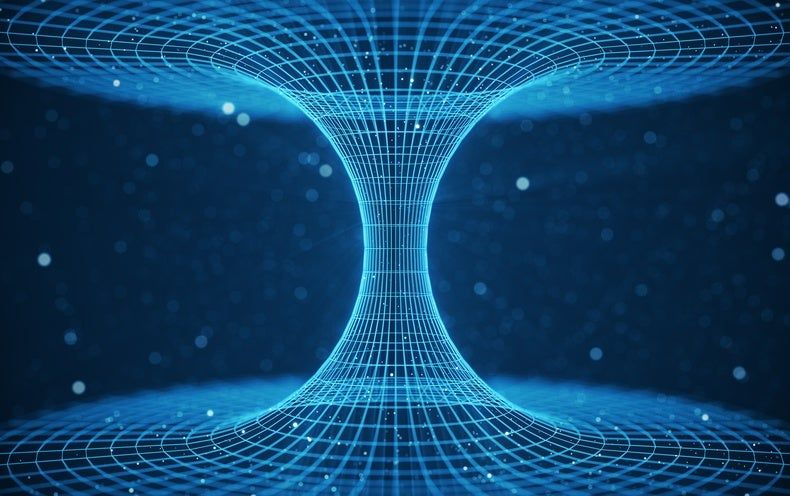The first direct image of the M87 Galaxy’s supermassive black hole that’s almost the size of our solar system required telescopes of unprecedented precision and sensitivity to give the human species a look into the unknown. The realization of this telescope – the Event Horizon Telescope – was a formidable challenge which required upgrading and connecting a planet-scale network of eight pre-existing telescopes deployed at a variety of challenging high-altitude sites, including volcanoes in Hawaii and Mexico, mountains in Arizona and the Spanish Sierra Nevada, the Chilean Atacama Desert, and Antarctica.
We gave humanity its first view of a black hole — “a one-way door out of our universe,” said EHT project director Sheperd S. Doeleman of the Center for Astrophysics, of the image of the massive black hole at the center of elliptical galaxy M87 as it was 55 million years ago “This is a landmark in astronomy, an unprecedented scientific feat accomplished by a team of more than 200 researchers.”
“The gates of hell, the end of space and time.” That was how black holes were described at the press conference in Brussels where the first ever photograph of one was revealed. The black hole, a super-massive object at the center of M87 shown above, really is a monster, observed Ellie Mae O’Hagan for The Guardian. “Everything unfortunate enough to get too close to it falls in and never emerges again, including light itself. It’s the point at which every physical law of the known universe collapses. Perhaps it is the closest thing there is to hell: it is an abyss, a moment of oblivion.”
Read more
